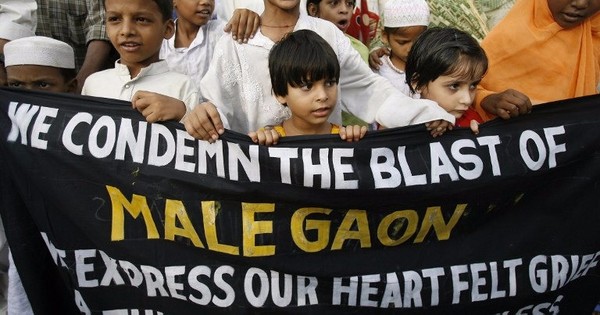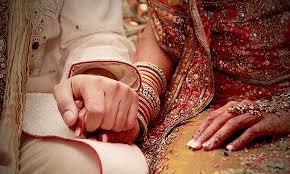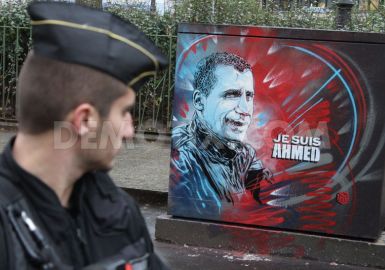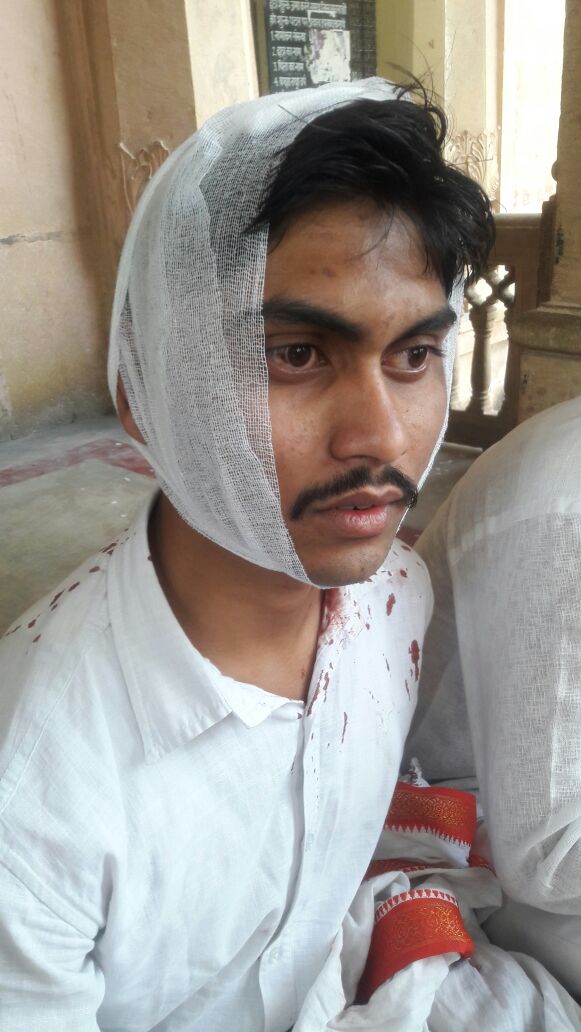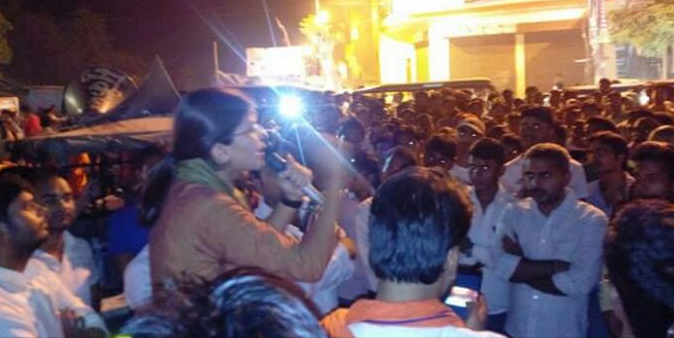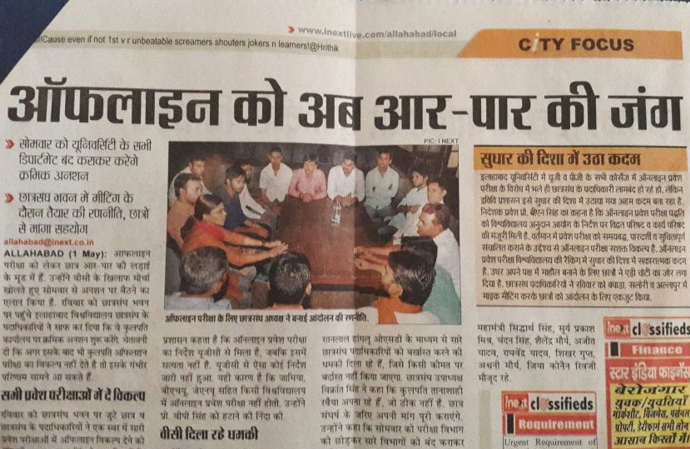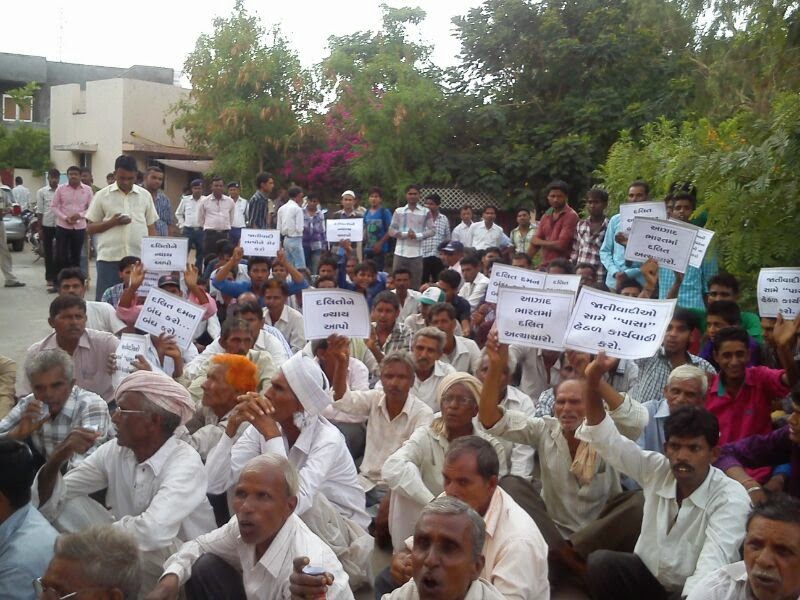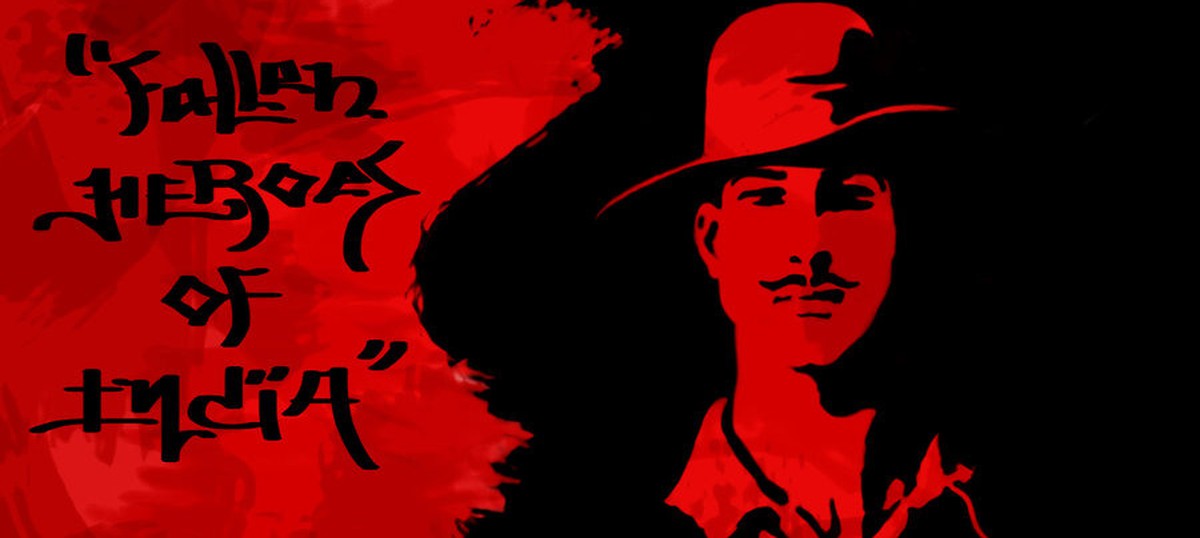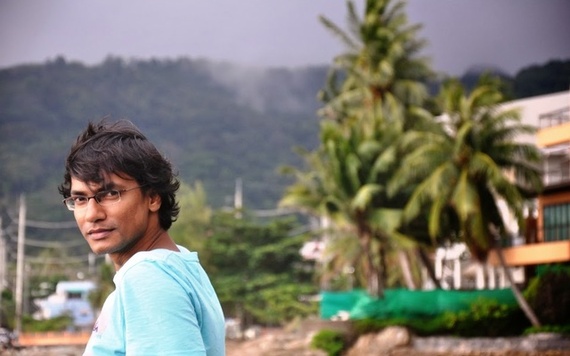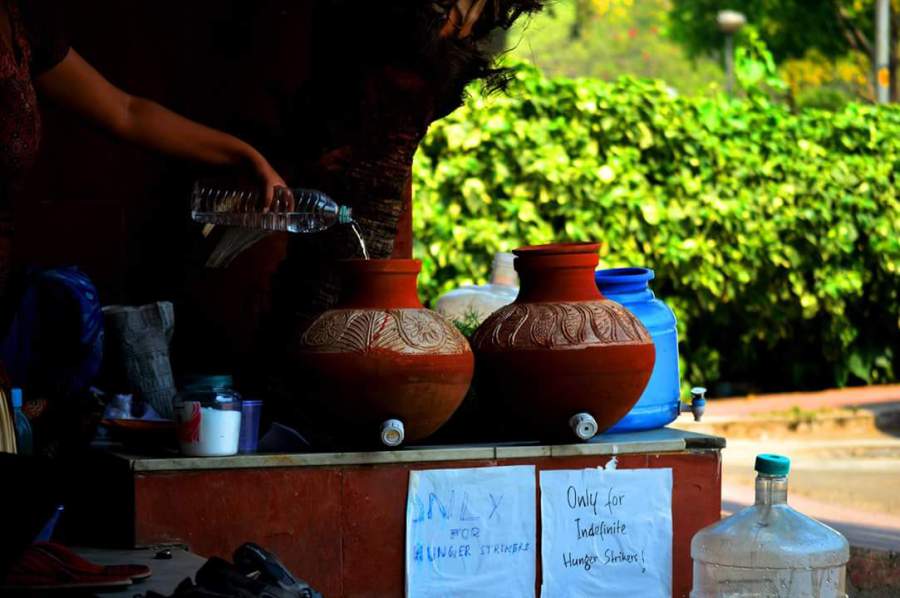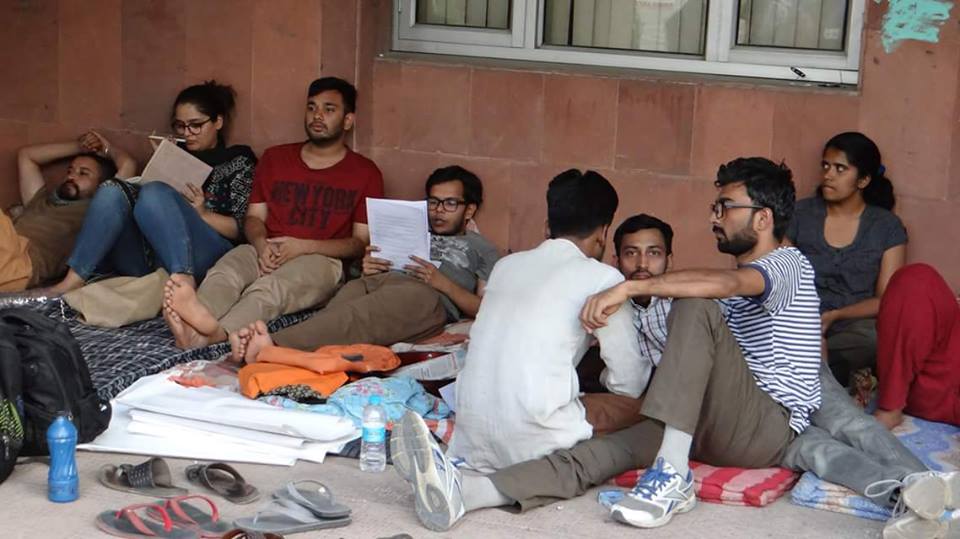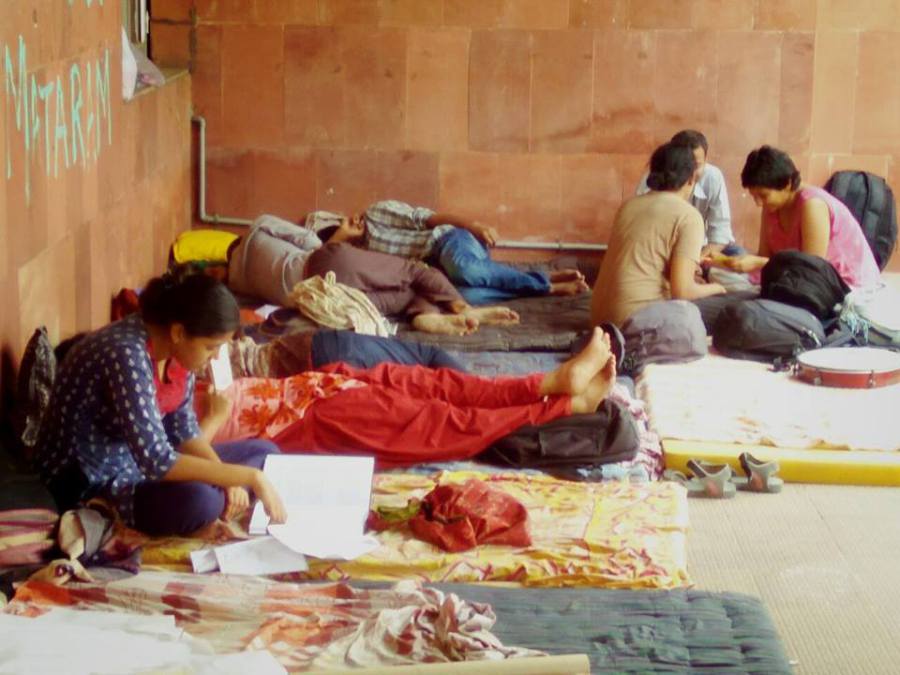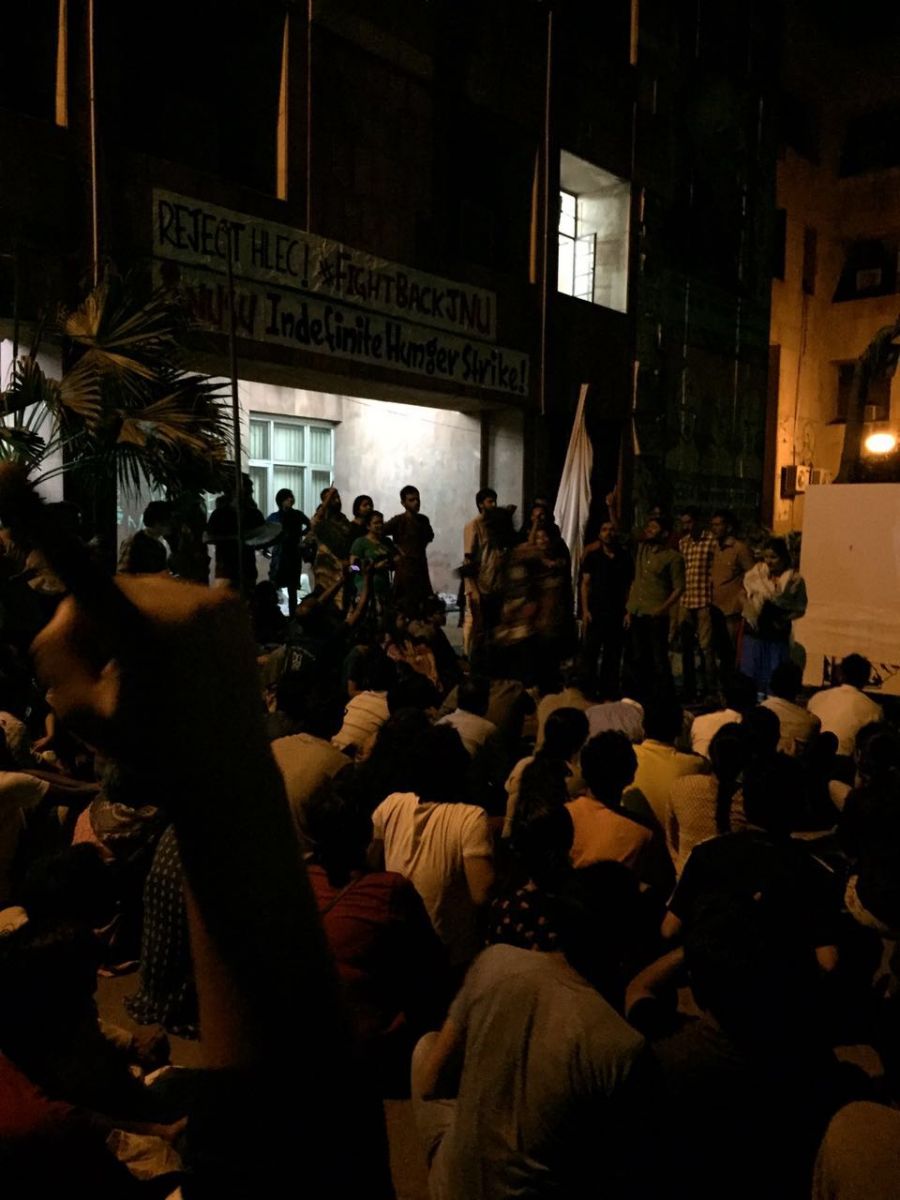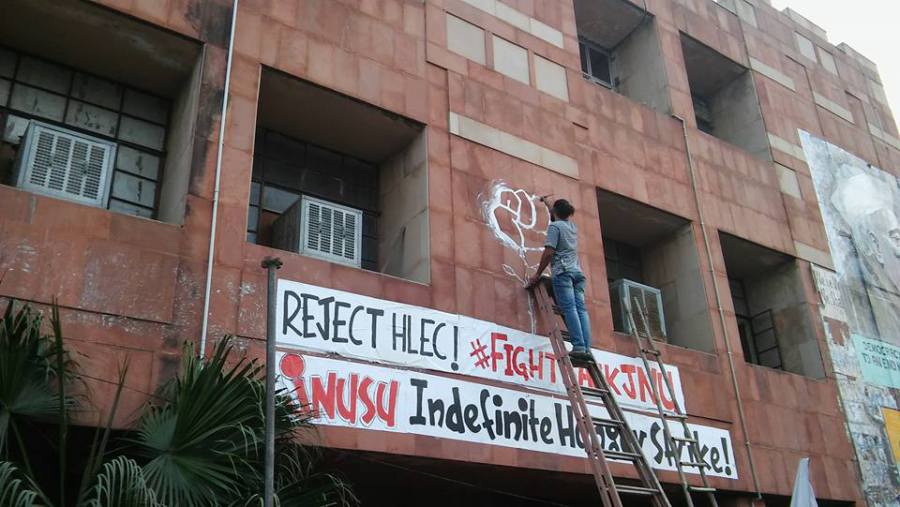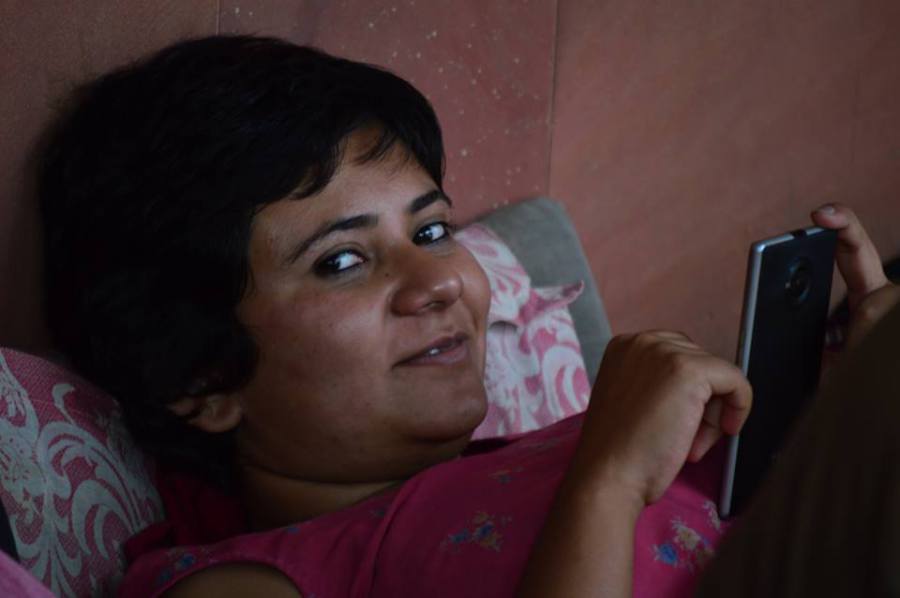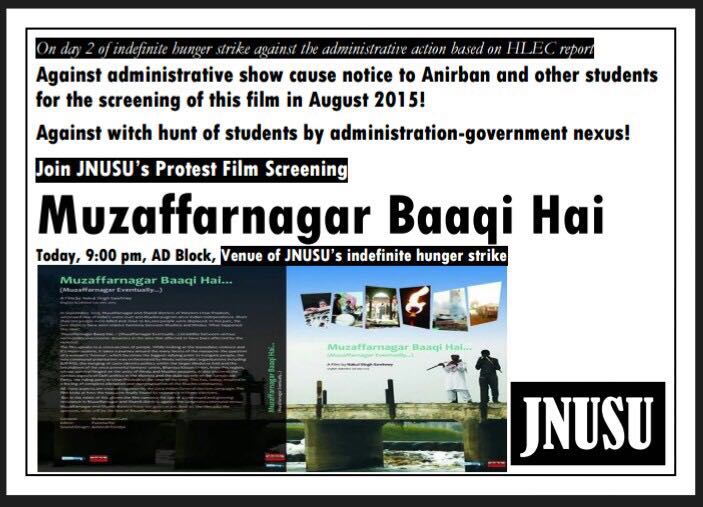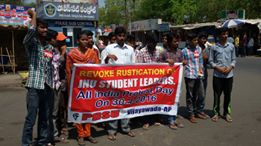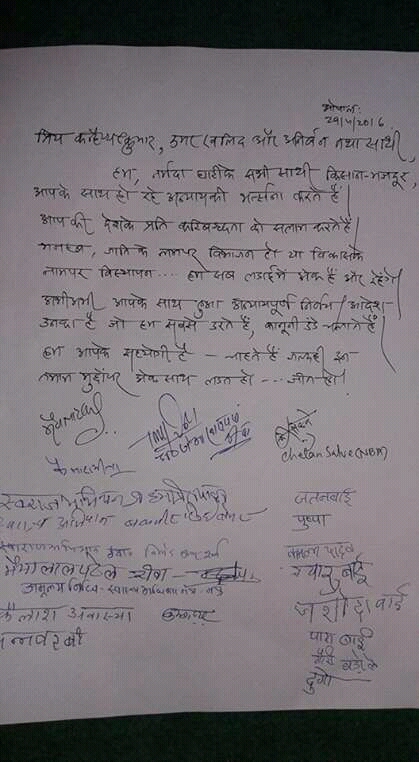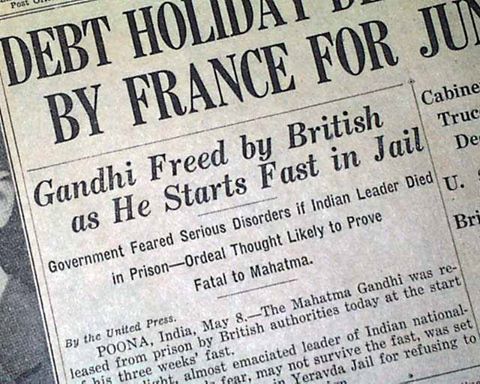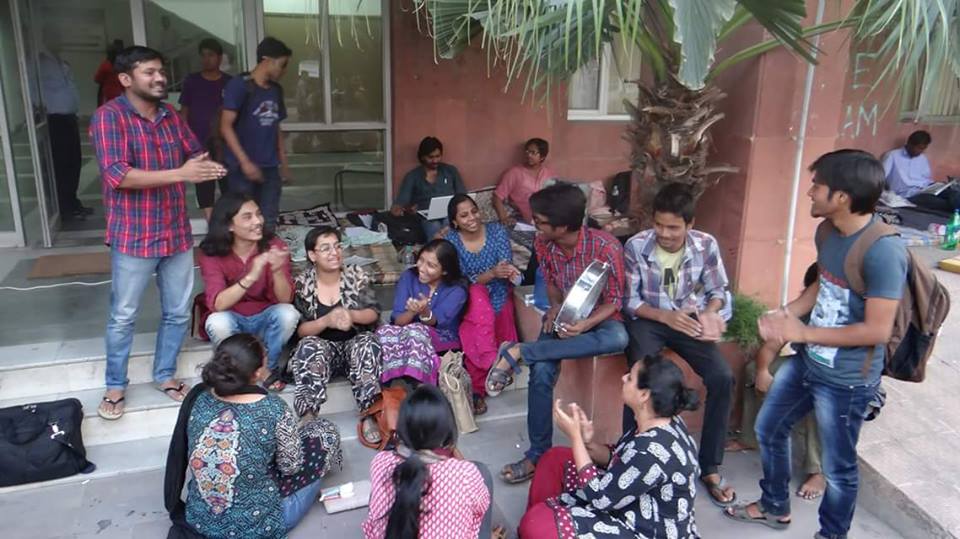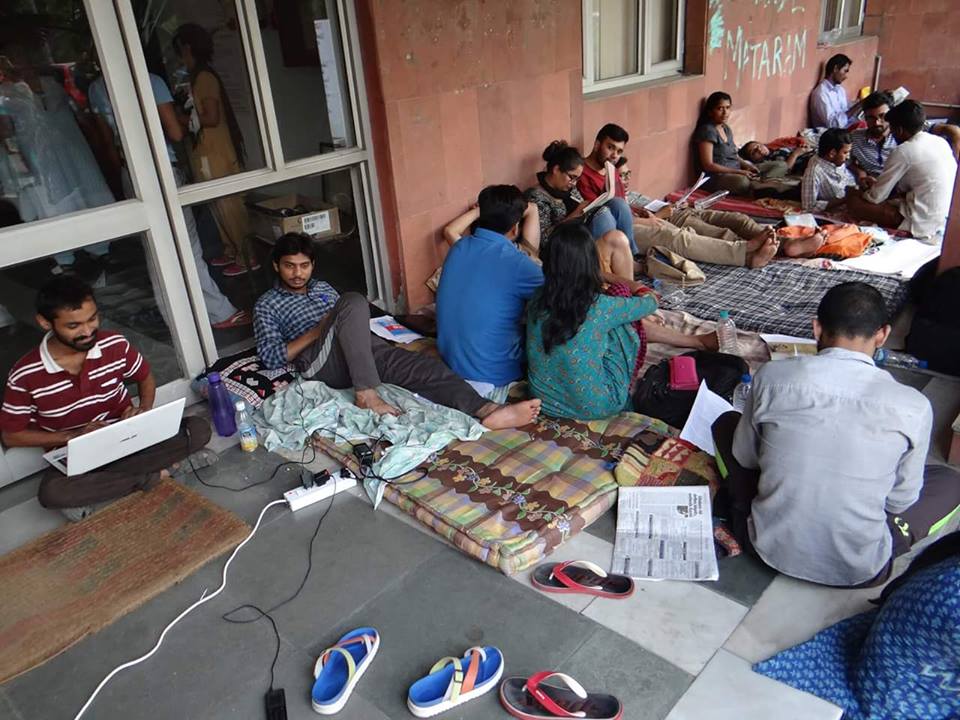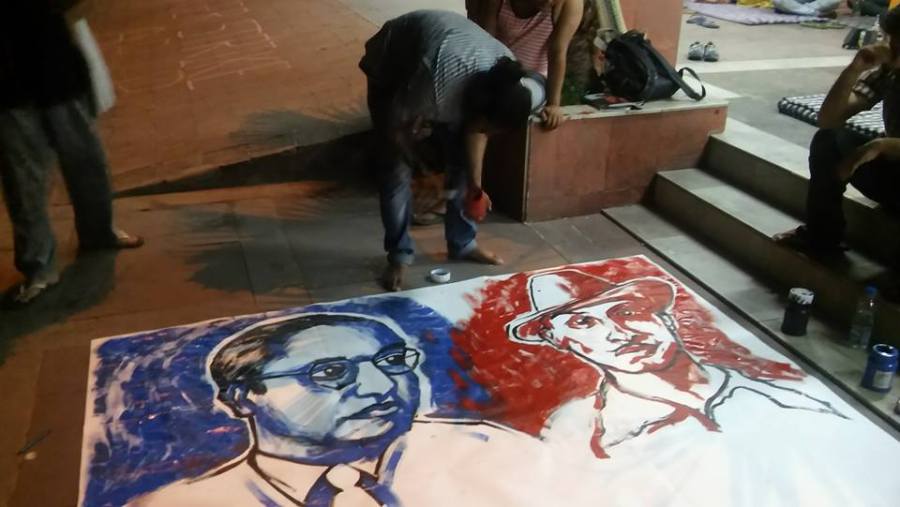Cover Photo Credit: Mid-day.com
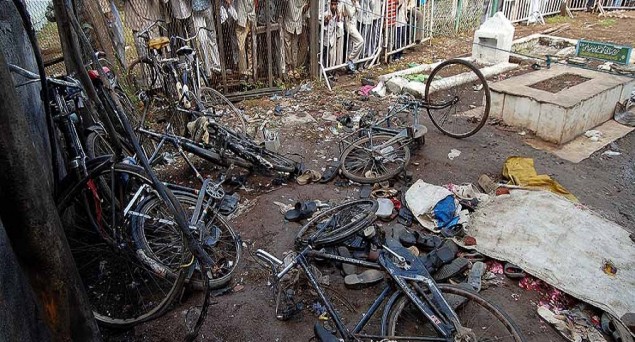
Background
Three days before four bombs went off in the textile town of Malegaon in north Maharashtra on September 8, 2006, the then Prime Minister Manmohan Singh asked chief ministers to “embark immediately upon a proactive policy to ensure that a few individual acts do not result in tarnishing the image of an entire community and remove any feelings of persecution and alienation from the minds of the minorities.”
Singh, a member of Sikh minority, was speaking in the aftermath of widespread arrests of Muslim men after 7/11 train blasts.
Singh’s meaningful and empathic advice fell on deaf ears of the men-in-Khakhi when the very next day (emphasis added) of the Malegaon blasts (September 9, 2006) an unattributed source in Maharashtra ATS told the media that SIMI activists committed the crime to create “communal tension”.
Even before the emergence of any leads in the investigation, the ATS, with the help of local police, had formed a notion to follow up its regular ‘standard pattern’ in the Malegaon blasts. The needle of suspicion was instantly made to swing towards Muslims. Nine Muslims, including seven from Malegaon, were picked up by the ATS and charged with the first major attack against Indian Muslims. Soon the Malegaon syndrome – of Muslims killing fellow Muslims in blasts – travelled to the south when the Mecca Masjid in Hyderabad was rocked by a terror attack on May 18, 2007. The blasts at Ajmer Sharief followed on October 11, 2007. This is not to forget the attack on the Samjhauta Express on February 18, 2007, earlier.
Emboldened by a consistently flawed investigation, the terrorists returned to Malegaon (Modasa in Gujarat witnessed a terror attack on the same day) on September 29, 2008 to complete a vicious cycle of violence. It was the sheer determination, honesty, and professionalism of the late Hemant Karkare that changed the course of the terror narrative in the country.
The verdict
Justice delayed is justice denied. But in the case of the Malegaon blast case, the long delay of a decade resulted in partial justice, at least, when on April 25, 2016, the Special MCOCA court judge VV Patil gave a historic ruling discharging the nine men and discarding all the charges slapped by the ATS and the CBI. Judge Patil wrote,
“Needless to mention that immediately after the bomb blast the ATS Officers conducted investigation and merely on suspicion projected (emphasis added) the accused No.1 to 9 as the authors of the bomb blast dated 8.9.2006. It appears to me that as the accused no.1 to 9 were having criminal antecedent, they become the scapegoat at the hands of ATS.” (emphasis added). (Page 31)
Key points from the landmark verdict that can be read here
The ATS shamelessly tried to build a fictitious case against the accused but failed miserably. Unlike the CBI, which chose an honourable exit from the case –by remaining absent during the hearing of the discharge application– the Maharashtra ATS vigorously argued for the framing of charges against the accused despite the fact that, in law, the NIA’s investigation had an overriding effect on the investigation carried by the ATS and the CBI. The judge outrightly rejected the very basis of the ATS theory of Muslims killing fellow Muslims in order to create communal tension:
“In my view the basic foundation or the object shown by ATS behind the blast dated 8.9.2006 is not acceptable to a man of ordinary prudence.” (page 30)
“It seems to me highly impossible that the accused No.1 to 9 who are from Muslim community would have decided to kill their own people to create disharmony in two community that too on a holy day i.e. Shab-E-Barat.” (page 30)
After debunking the ATS theory, the judge went on to reason that the best time to disturb the communal harmony of the textile town and the state was or would have been during the Ganesh immersion which preceded September 9, 2006 and went on peacefully without any untoward incident. To cause riots in Malegaon, the judge said, the accused “ought have planted bombs at the time of Ganesh immersion day which would have caused death of most of the Hindu peoples.” (page 30)
Justice VV Patil legally demolished each legal contention and the case law cited by the ATS and Hindu terror accused (Manohar Narwaria, Rajendra Chaudhary, Dhan Singh Shiv Singh, Lokesh Sharma). For example, the judge put aside the submission of the ATS that argued against discharge at this stage. The prosecution argued that “which set of accused persons are guilty or innocent cannot be decided at this stage.” The ruling also dismissed the legal contention of the Hindu accused that the transfer of investigation to the NIA was a “re-investigation”. The court ruled that the investigation transfer to the NIA was “further investigation”.
“In my view, only because after handing over the investigation to it, if the NIA visited the scene of crime, examined the injured and interrogated the accused persons and verified the earlier statements of the witnesses and arrived at a different conclusion than the conclusion arrived by previous investigating agency, it does not mean that they have carried out the reinvestigation and the same is vitiated as unauthorised. Thus, I hold that the investigation carried out by the NIA is not a fresh, de novo or reinvestigation but the same is a further investigation u/s 173[8] of Criminal Procedure Code.” (page no. 20)
The court also dismissed the contention that since the ATS and the CBI had filed the charge sheet against the nine accused, the same cannot be ignored to discharge the the first set of the accused. The judge notes that it was after the confession of Aseemanand to a magistrate under section 164 of CrPC, the investigation was transferred to the NIA “to do complete justice to the victims” of the Malegaon blasts. The court clearly says in the ruling that the charge sheet filed by the NIA “has overriding effect upon the charge-sheets filed by ATS and CBI”, upholding the view adopted by defence lawyers. [1]
The court also upheld that argument of the defence lawyers that the NIA’s chargesheet against the Hindu accused itself is a proof that no purpose would be served to prosecute the first set of accused (Muslim accused). The court held that there is “not sufficient ground for proceeding against the accused.” Justice Patil says,
“The Judge is not a mere Post office to frame the charge at the behest of the prosecution, but has to exercise his judicial mind to the facts of the case in order to determine whether a case for trial has been made out by the prosecution.”
The court also held that the entire case of the ATS is based on confessional statement of the accused, statement of a witness under section 164 Cr.PC, mobile phone conversation between the two accused, wires, soil samples lifted from the godown of the late Shabbir Masiullah.
The court upheld that the further investigation by the NIA proved that the confessional statements of the accused were taken under duress, the witness who recorded the statement under section 164 Cr,.PC negated the recording of any such statement, and the mobile phone conversation (“Madarchod Jitna bolega na utna bol tu uske bad bolna mat ham log hai na pandhara dis pahele he wo saman nikal diye bas ham log gaon me nahi la paye, samaj gaya na”) cannot be connected to the bomb blasts of September 9, 2006.
The judgement comes down heavily on the theory that the RDX used in the blasts was assembled in the godown of the late Shabbir Masiullah who was already in the custody of Mumbai crime branch when the blasts took place. The court said that Masiullah was arrested by the ATS on August 3, 2006, much before the September 9, 2006 Malegaon blasts.
“It appears to me highly impossible and improbable that the ATS which is a most competent investigating agency in Maharashtra would not have conducted raid upon the godown of accused no.2 [Shabbir Masiullah] after his arrest in a serious crime viz for section 10 and 13 of Unlawful Activities [prevention] Act.” (page no. 29-30)
The entire ruling is based on legal reasoning and evidence placed before the court thus ending the presumption that there can be two sets of accused for a single crime.
The only problematic part of the judgement is on page 31 where the judge seems to have been carried away without actually knowing the ATS officers. It says, “However, it should be mentioned here that the ATS Officers who conducted the investigation were having no animosity with these accused persons to book them in the crime, therefore, in my view as they discharged their public duty but in a wrong way, so they may not be blamed for it.”
Now compare the section 26 of MCOCA with the above observation of the learned judge:
Section 26. Protection of action taken in good faith: “No suit, prosecution or other legal proceeding shall lie against the State Government or any officer or authority of the State Government for anything which is in good faith done or intended to be done in pursuance of this Act or any rule made there under or any order issued under any such rule.”
The section clearly gives complete immunity to the officers who wrongfully implicated the accused in Malegaon 2006 blasts.
The writer is a freelance journalist based in Malegaon.
[1] Section 6(6) of the Central Government Act, The National Investigation Agency Act, 2008: Investigation of Scheduled Offences. – 6 (6) Where any direction has been given under sub-section (4) or sub-section (5), the State Government and any police officer of the State Government investigating the offence shall not proceed with the investigation and shall forthwith transmit the relevant documents and records to the Agency. Arguments in the MCOCA court were drafted on behalf of the accused by advocate Irfana Hamdani conducted in the court by advocate Sharif Shaikh.
